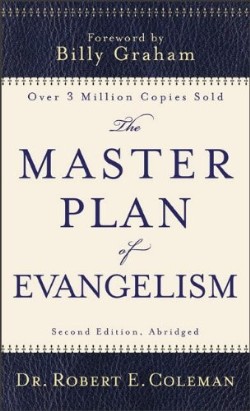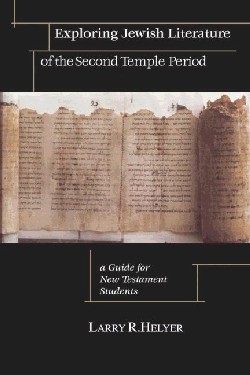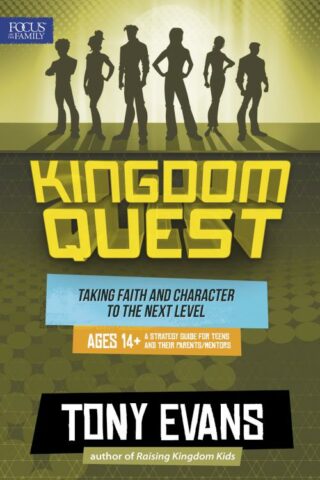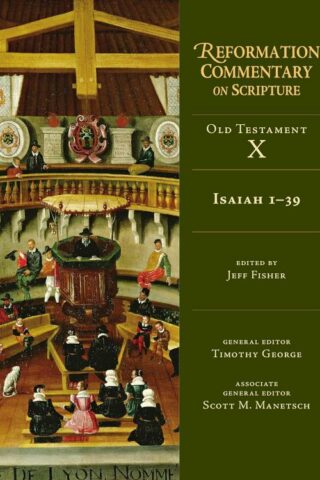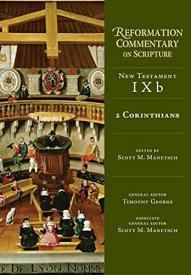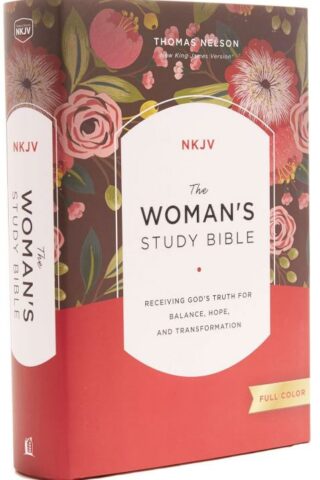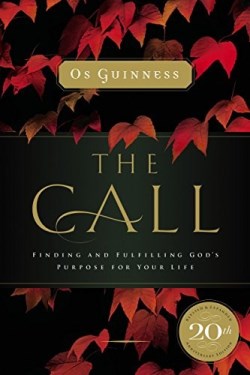Scott Manetsch
Showing all 2 resultsSorted by latest
-
Isaiah 1-39
$64.99“And I heard the voice of the Lord saying, ‘Whom shall I send, and who will go for us?’
Then I said, ‘Here I am! Send me.'”
In his interpretation of Isaiah’s vision of God and subsequent sending, the Anabaptist reformer Menno Simons perceived a pattern for all prophets, apostles, ministers, and preachers who are called and then sent out to spread the good news: “They did not assume the honor to themselves, as do the preachers of this world; but like Aaron, they were called by God. . . . They were brought by the Spirit of God, with pious hearts, into his service; they had always esteemed themselves unfit to serve the people of God or to stand forth in such a high and responsible station. . . . No one can serve in this high and holy office, conformably to God’s will, except those whom the Lord of the vineyard has made worthy and fit by the spirit of his grace.”
In this volume of the Reformation Commentary on Scripture, Reformation scholar Jeff Fisher guides readers through a wealth of early-modern commentary on the first thirty-nine chapters of Isaiah. Readers will hear familiar voices and discover lesser-known figures from a diversity of theological traditions, including Lutherans, Reformed, Radicals, Anglicans, and Roman Catholics. Drawing on a variety of resources-including commentaries, sermons, treatises, and confessions-much of which appears here for the first time in English, this volume provides resources for contemporary preachers, enables scholars to better understand the depth and breadth of Reformation commentary, and seeks to help those who have been called to this task and those whom they serve.
Add to cartin stock within 3-5 days of online purchase
-
2 Corinthians
$64.99Therefore, if anyone is in Christ, he is a new creation. The old has passed away; behold, the new has come.
When the Reformers of the sixteenth century turned to this biblical text, originally written by Paul to the first-century church in Corinth, they found truths that apply to Christians regardless of their historical context. For example, Reformed theologian Wolfgang Musculus wrote, To be a Christian is to be in Christ. If anyone is outside of Christ, he is not a Christian. It is easy to partake of the sacraments and to be of the name and profession of Christ, but that is not what it means to be in Christ… The largest part of Christians is still an old creature for they have not yet been regenerated and renewed by the spirit of Christ. To know a Christian, therefore, we should not so much examine his external profession, but his life.
In this volume of the Reformation Commentary on Scripture, Reformation scholar Scott Manetsch guides readers through a wealth of early modern commentary on the book of 2 Corinthians. Readers will hear from familiar voices and discover lesser-known figures from a diversity of theological traditions, including Lutherans, Reformed, Radicals, Anglicans and Roman Catholics. Drawing upon a variety of resources–including commentaries, sermons, treatises, and confessions–much of which appears here for the first time in English, this volume provides resources for contemporary preachers, enables scholars to better understand the depth and breadth of Reformation commentary, and seeks to encourage all those who would be newly created in Christ.
Add to cartin stock within 3-5 days of online purchase

